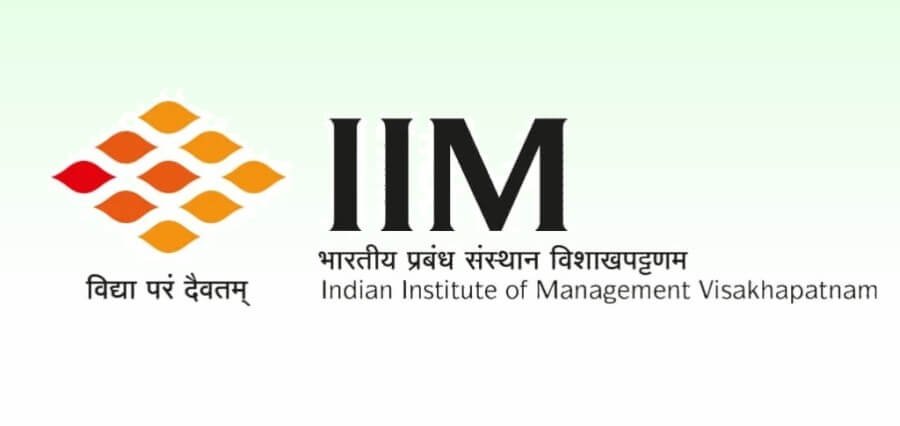Commitment to Research Excellence
Over the past few decades, there has been a dramatic upheaval in the Indian academic research scene. India has a long history of intellectual pursuits and an extremely expanding economy, making it a center for the latest R&D. This shift is especially evident in its prominent universities, which have become powerhouses of academic research. These institutions are not only contributing to the global knowledge pool but are also addressing critical issues pertinent to the Indian context, such as healthcare, sustainable development and technological advancements. The commitment to research excellence among these universities is a testament to their dedication to advancing knowledge and innovation.
In the context of academic research, excellence is often measured by the quality and impact of the work produced. Prominent Indian universities have made substantial strides in this regard, demonstrating a robust commitment to high standards and groundbreaking discoveries.
The present work explores the developments in academic research at these universities, showcasing their contributions to many sectors and their steadfast commitment to high-quality research.
The Evolution of Academic Research in India
India’s tradition of academic research dates to ancient times, with centers of learning such as Nalanda and Takshashila serving as early examples of scholarly excellence. Over the centuries, the Indian education system has evolved, incorporating modern scientific methods and technologies. This evolution has been particularly pronounced in the last few decades, with Indian universities embracing a more structured and rigorous approach to research.
Modern Advancements
In recent years, there has been a significant increase in funding and support for academic research from both government and private sectors. Initiatives such as the National Institutional Ranking Framework (NIRF) and the establishment of research parks and innovation hubs have played a crucial role in fostering a research-intensive environment. Prominent Indian universities are now equipped with state-of-the-art laboratories and resources, enabling researchers to conduct the latest studies.
Key Areas of Research Excellence
Health and Biomedical Sciences
One of the most notable areas of advancement in academic research across prominent Indian universities is in health and biomedical sciences. Institutions like the All-India Institute of Medical Sciences (AIIMS) and the Indian Institute of Science (IISc) have made significant contributions to understanding and treating diseases prevalent in India. Research in genomics, personalized medicine and public health has not only improved healthcare outcomes but also positioned India as a leader in biomedical research.
Information Technology and Computer Science
The Indian Institutes of Technology (IITs) are renowned for their contributions to information technology and computer science. These institutions have produced groundbreaking research in artificial intelligence, machine learning and cybersecurity. Collaborative efforts with global tech companies and research institutions have further enhanced the impact of their work, leading to advancements that have practical applications in various industries.
Environmental Science and Sustainability
Environmental research is another area where prominent Indian universities have excelled. The Indian Institute of Technology, Bombay (IIT Bombay) and the Indian Institute of Science, Bangalore (IISc Bangalore) are at the forefront of research in sustainable development and environmental conservation. Their work on climate change, renewable energy and ecological restoration is critical in addressing global environmental challenges.
Enhancing Research Infrastructure
Research Parks and Innovation Hubs
To support the growing emphasis on research, many Indian universities have established research parks and innovation hubs. These facilities provide a collaborative environment where academia and industry can work together on projects. For instance, the Research Park at IIT Madras is a premier example of how such initiatives can drive innovation and commercialization of research findings.
Funding and Scholarships
Adequate funding is essential for sustaining high-quality research. Prominent Indian universities have secured substantial grants from government bodies like the Department of Science and Technology (DST) and international organizations. Additionally, scholarships and fellowships for researchers ensure that financial constraints do not hinder the pursuit of academic excellence.
Collaborative Efforts and Global Partnerships
Inter-university Collaborations
Collaborative research efforts among Indian universities have led to significant advancements in various fields. Initiatives like the Indian Nanoelectronics Users Program (INUP) and the Inter-University Centre for Astronomy and Astrophysics (IUCAA) facilitate resource sharing and joint research projects. These collaborations enhance the overall research output and foster a culture of academic excellence.
International Partnerships
Prominent Indian universities have also forged strong partnerships with international institutions. These collaborations involve joint research projects, exchange programs and co-publication of research findings. Partnerships with universities such as MIT, Stanford and Oxford have brought a global perspective to Indian research and opened new avenues for innovation.
Impact on Society and Industry
Technological Innovations
The advancements in academic research across prominent Indian universities have led to numerous technological innovations. From developing low-cost medical devices to pioneering renewable energy solutions, the research conducted at these institutions has had a profound impact on society. These innovations not only address local challenges but also have global implications.
Policy and Advocacy
Research findings from Indian universities often inform policy decisions and advocacy efforts. For example, studies on air pollution and its health impacts have influenced government regulations and initiatives aimed at improving air quality. Similarly, research on sustainable agriculture practices has guided policies to enhance food security and farmer livelihoods.
Future Prospects
Emerging Fields of Research
Looking ahead, prominent Indian universities are poised to make significant contributions to emerging fields such as quantum computing, nanotechnology and biotechnology. Investments in these areas are expected to yield groundbreaking discoveries that will further cement India’s position as a global leader in academic research.
Strengthening Industry-academia Linkages
Enhancing linkages between industry and academia will be crucial for the continued advancement of academic research. By fostering stronger collaborations, universities can ensure that their research remains relevant and impactful, addressing real-world challenges and driving economic growth.
End Note
The advancements in academic research across prominent Indian universities highlight their unwavering commitment to research excellence. These institutions have made significant contributions to various fields, driving innovation and addressing critical societal challenges. The future of academic research in India looks promising, with emerging fields and strengthened industry-academia linkages paving the way for continued progress.
The future of academic research in India is bright, with the potential for groundbreaking discoveries and innovations that can transform industries and improve lives. As prominent Indian universities continue to prioritize research excellence, they will undoubtedly play a pivotal role in shaping the global knowledge economy.





